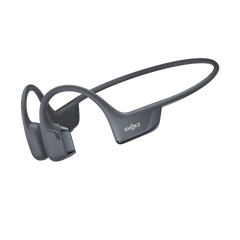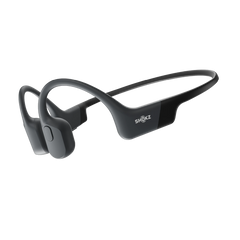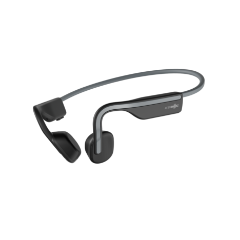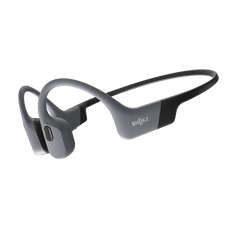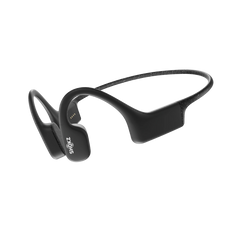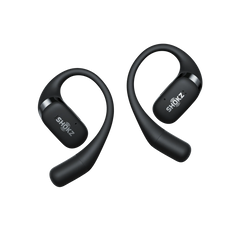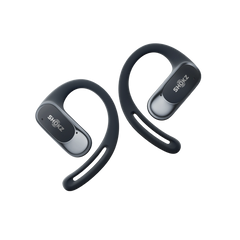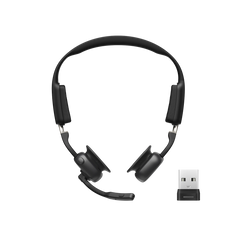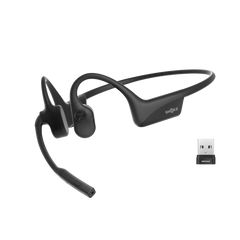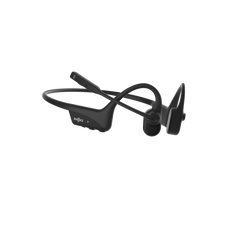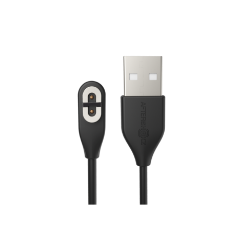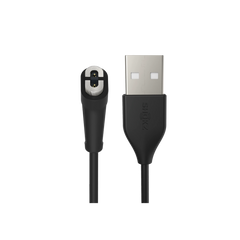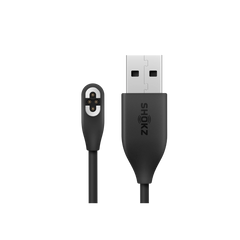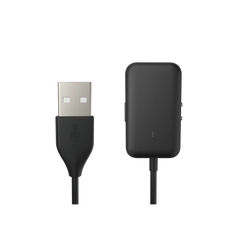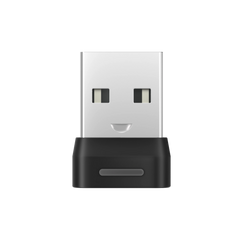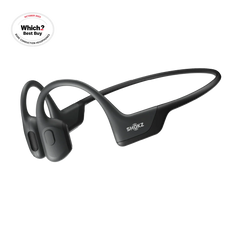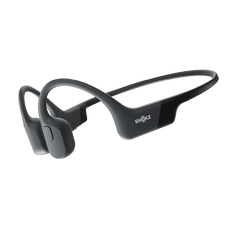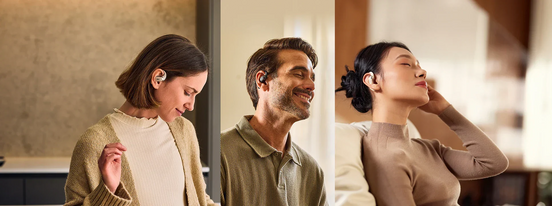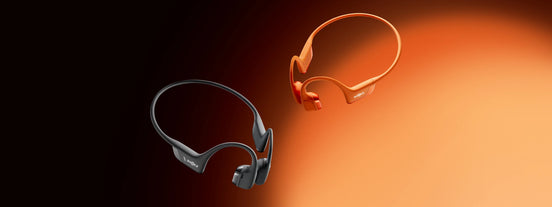Introduction
Today's electronics include a host of different specifications, which make them stand out from their competitors. Indeed, many specifications are standardized within the industry, such as IP ratings. Also known as Ingress Protection, this rating system reflects a product's dust and moisture resistance. When you want to purchase quality swimming headphones, choosing between IPX4, IPX8 and IP68 ratings requires some subject knowledge.
What is an IP Rating for Swimming Headphones?
Everyday headphones aren't usually submerged in water, which makes an IPX4 rating acceptable. For swimming headphones, it's critical to have a higher IP rating so that water doesn't leak into the housing. Indeed, all headphones use some form of gasket to seal the electronics within the housing, reports Stockwell Elastomerics. These gaskets, coupled with a water-resistant design, contribute to a sealed product. Ultimately, a third party testing the headphones will finalize the IP rating for consumer comparisons.
How Does The IP Rating System Work?
The IP rating system gives consumers a simple yet highly accurate way of knowing which products are splashproof, water-resistant or waterproof. Without these ratings, consumers might use products outside their design parameters. First, the IP stands for Ingress Protection as defined by independent parties outside the product's manufacturer.
Next, you'll see either a numeral or a letter indicating the product's resilience against dust or particulate infiltration. This rating ranges from 0 to 6. A lower rating indicates little to no dust protection, whereas a higher rating offers up to dustproof conditions.
Lastly, the final number reflects a product's water resistance. This rating ranges from 0 to 8. If a consumer sees a product with IPX8 or IP68 ratings, the item is waterproof at a certain depth and within a specific time frame. Any rating ranging from 0 to 6, however, tells consumers that the product cannot be submerged in water. When you're shopping for swimming headphones, an IP rating of 7 or 8 for moisture protection is critical. Ultimately, save products with an IPX4 rating for everyday use at home or in the office.
IPX4, IPX8, IP68: What Do These Codes Mean?
These designations are some of the most common IP ratings in the electronics industry. For consumers, understanding each rating can help you select the right product for your application. Take a deep dive into these particular ratings right now.
● IPX4
The IPX4 rating is typical for many earbuds in the marketplace today. Although the letter "X" for dust protection might deter consumers, this marker isn't necessarily a drawback. If the product wasn't tested for solid particulate resistance, the rating simply reflects missing data. The letter "X" signifies that no test was taken for this product.
Furthermore, the IPX4 rating reflects resistance to water splashes only. For example, sweat, light rain and humid conditions are acceptable for this IP rating. Water under pressure, however, might damage the product with an IPX4 rating. Indeed, a higher rating would be necessary for water jets and similar scenarios.
● IPX8
This rating also includes missing data for dust protection. Ideally, avoid dusty conditions to protect your product from damage. An IPX8 rating does have one of the strongest designs against moisture damage, however. In this case, the product can be submerged in at least 1 meter of water. Certainly, many products remain viable far deeper than this depth. Preferably, consumers should check with the product's manufacturer about the maximum depths and time submerged before using the item.

● IP68
This IP rating has been tested for both dust and water protection. In this case, a dust rating of 6 indicates a dustproof product. Under testing conditions, particulates did not enter the product's housing. As the highest dust rating possible, this product has a durable design designed for outdoor conditions.
In addition, the moisture rating of 8 reflects a waterproof design like IPX8. Although consumers can enjoy more protection with an IP69 rating, most products don't have this designation. For swimming headphones, IP68 is more than acceptable for daily use.
Why are IP Ratings Important?
IP ratings are important because they specify particular applications for a product. Basically, they tell you how durable a product is with tests and research to back up the claims. For example, an IPX4 product can resist water splashes but cannot be submerged. In contrast, an IPX8 product must be waterproof at a 1-meter depth or deeper. If you're shopping for swimming headphones, this specification is critical for a long-lasting product. In the end, you know exactly which product works for your needs before testing it on your own.
In addition, the IP rating reflects a product's resilience against moisture for a specific time period. Depending on the rating, a submerged product might withstand moisture infiltration for up to 30 minutes. The governing body for IP ratings, or International Electrotechnical Commission, verifies these depths before publishing any standards.
Ideally, consumers should read a product's specifications regarding submersion before use. Every manufacturer will have varying times and depths, depending on the design. Following these guidelines protects the headphones during each workout.
Which IP Rating is the Best for Swimming Headphones?
For underwater use, consumers need an IP rating of at least IP68. This rating allows you to swim at the surface without potential damage to the electronics. For instance, the Shokz Bluetooth swimming headphones offer this IP rating along with 8 hours of battery life. With 4GB of onboard memory, these headphones hold all your favorite music so that a swim session can always have rhythm.
Conclusion
Overall, choosing a high rating for your swimming headphones gives you the necessary water resistance to protect the electronic components during your workout. Although lower ratings might have some moisture protection, repeatedly submerging your headphones in water demands the highest protection factor. Check out Shokz Bluetooth swimming headphones for its IP68 rating today.
